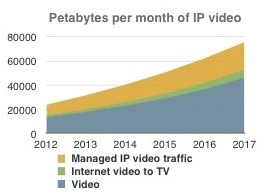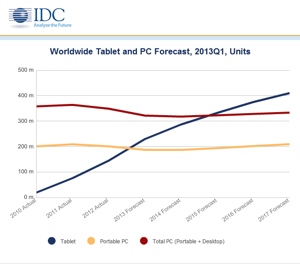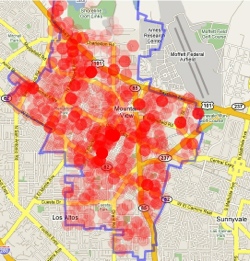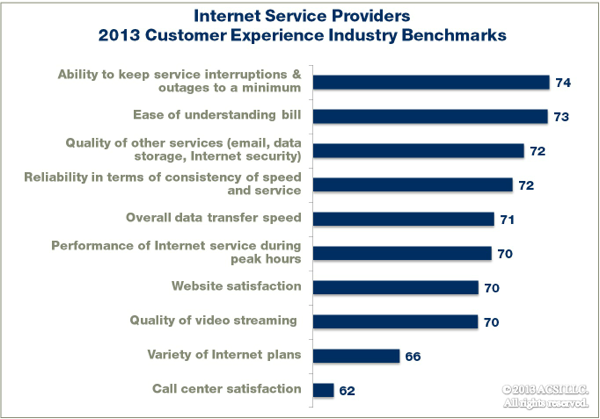Internet video won't flourish in a walled garden

Source: Cisco VNI 2012-2017
By 2017 Internet protocol video traffic will triple worldwide, according to Cisco’s latest Visual Networking Index (VNI). It’s an annual estimate of how Internet and Internet protocol traffic will grow over the coming five years.
IP video traffic totalled 24,000 petabytes a month during 2012 and is projected to grow to 76,000 petabytes a month in 2017.
The share of Internet protocol video delivered inside a walled garden will gradually decline, although like everything else it will continue to increase in absolute terms.… More









